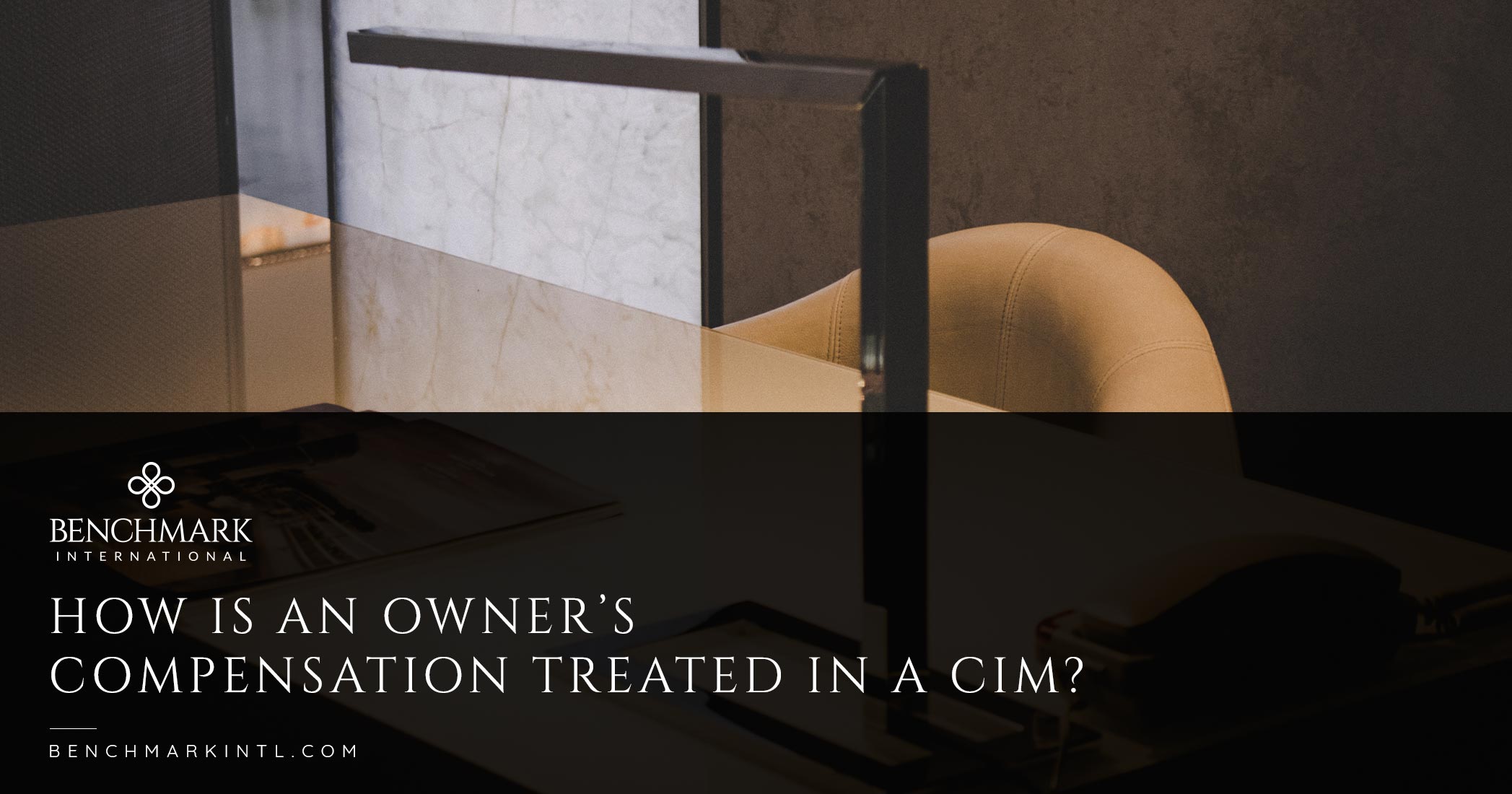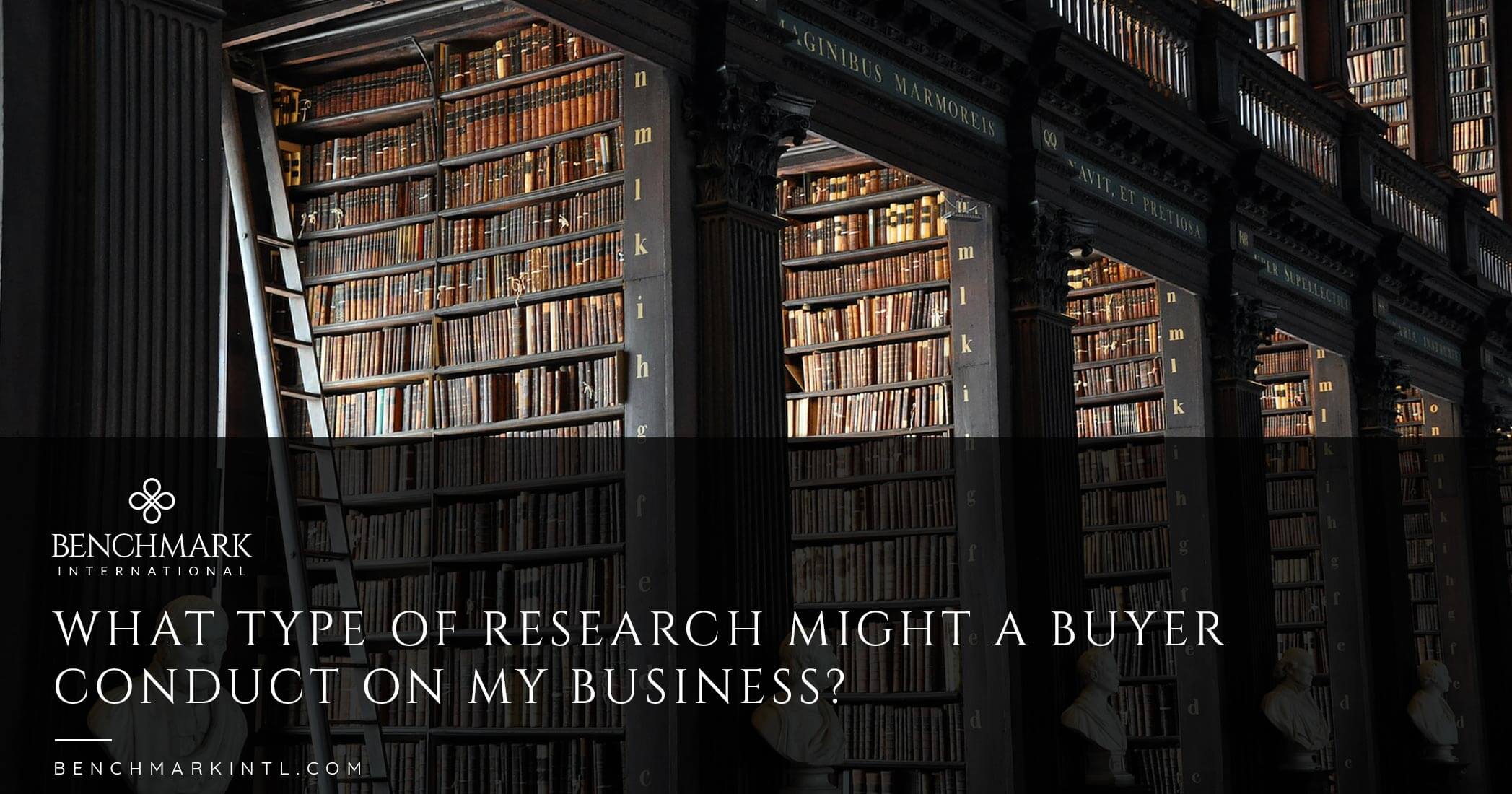Many business owners make one key mistake when selling their business: underestimating the value of their M&A adviser. Business owners will often marginalise their appointed M&A adviser to such an extent that it may seem their role is overly costly;however, whilst not all M&A advisers can justify their costs, a good one with strong credentials will surprise most of their clients by truly demonstrating the value an adviser can actually add.
Can business owners dispose of their businesses in the absence of an M&A adviser? Of course, but the risk of making errors increases significantly due to their lack of experience in a specialist field. The value of experience really cannot be overestimated in this instance.
So how can an M&A adviser justify their worth? The following are some of the key ways an adviser can add value to the sale process:
Valuation and objectives
One of the first discussions you will have with an M&A adviser will most likely revolve around the business’ value and your objectives post sale. A good adviser will take all factors into consideration, including current market demand, and place a value on the business which is well informed and timely, based on conditions in the sector. It is also the role of the adviser to guide the business owner, advising whether expectations are realistic and, if not, advising how they may go about enhancing their business’ attractiveness in the eyes of an acquirer, in order to meet those expectations.
Timing
No reputable M&A adviser will advise an owner on the sale of a business if the timing isn’t right in respect of either market conditions or the particular circumstances of the business to be sold. Business owners should always aim to sell when the chances of achieving optimal value are at their highest. Whilst this is not always the case, good M&A advisers will inform the owner of the current levels of demand and likelihood of achieving optimal value.
Planning
No two businesses are the same; each has their own unique internal dynamics, clients, employees and contracts. As such, no ‘one size fits all’ approach can be applied if optimal value is to be achieved. Taking each business’ unique factors into consideration, as well as external influences, M&A advisers work with their clients to formulate a strategic, targeted marketing campaign to ensure the right people are approached, in the right organisations, and with the right information.
Marketing
A mixture of experience and capability is essential to ensure a company is marketed successfully. M&A advisers should develop marketing collateral which documents the business concisely whilst highlighting its most attractive attributes for both financial and strategic buyers.
Good M&A advisers will undertake desktop research utilising extensive researching capabilities to identify suitable acquirers which meet a set buyer profile.
Once the collateral has been developed and research undertaken, the marketing process can begin. A direct approach, often via telephone or e-mail, is the most effective, particularly when conducted by experienced M&A professionals who know how to promote an opportunity. This is an area where business owners typically fall short when selling a business themselves as they lack the capacity to undertake such a time consuming process, as well as the resources to discover and contact decision making individuals within appropriate organisations.
Vetting
Again, experience is essential once the bids (hopefully) start flying in. Offers do not always turn out to be what they initially seem and it takes an experienced eye to see the true picture. Deal structures can often be confusing, and the headline figures distracting, for business owners lacking experience in this kind of situation. It is the M&A advisers job to break down the bid and explain each aspect, advising their client on the deal which best suits their objectives.
Negotiations and closing
Knowing when to push for more and when to accept a good deal again comes with experience. Restructuring or enhancing a deal is where good M&A advisers come into their own. Again, this can be time consuming and the last thing a business owner needs is to take their eye off the day to day running of the business – potentially affecting performance and scuppering the deal.
Closing the deal can often be a frustrating process full of endless e-mail correspondence, hours spent on the phone with lawyers, worrying silent spells and last minute re-negotiating. The M&A adviser should take this pressure away from the business owner whilst providing concise and timely updates. This allows the owner to remain abreast of developments whilst not becoming overly distracted from their business.
Peace of mind
M&A advisers can add a great deal of value to the process, be it through their marketing capabilities or experience in handling a variety of situations and personalities. Ultimately, the greatest benefit business owners are afforded when they instruct a reputable M&A adviser is peace of mind. Being allowed to continue the day-to-day running of a business without the added pressure of selling it is invaluable and will almost certainly benefit both the business and the owner in the long term, as the interests of all parties are in the best possible hands.
 Benchmark International
Benchmark International  Benchmark International
Benchmark International 



